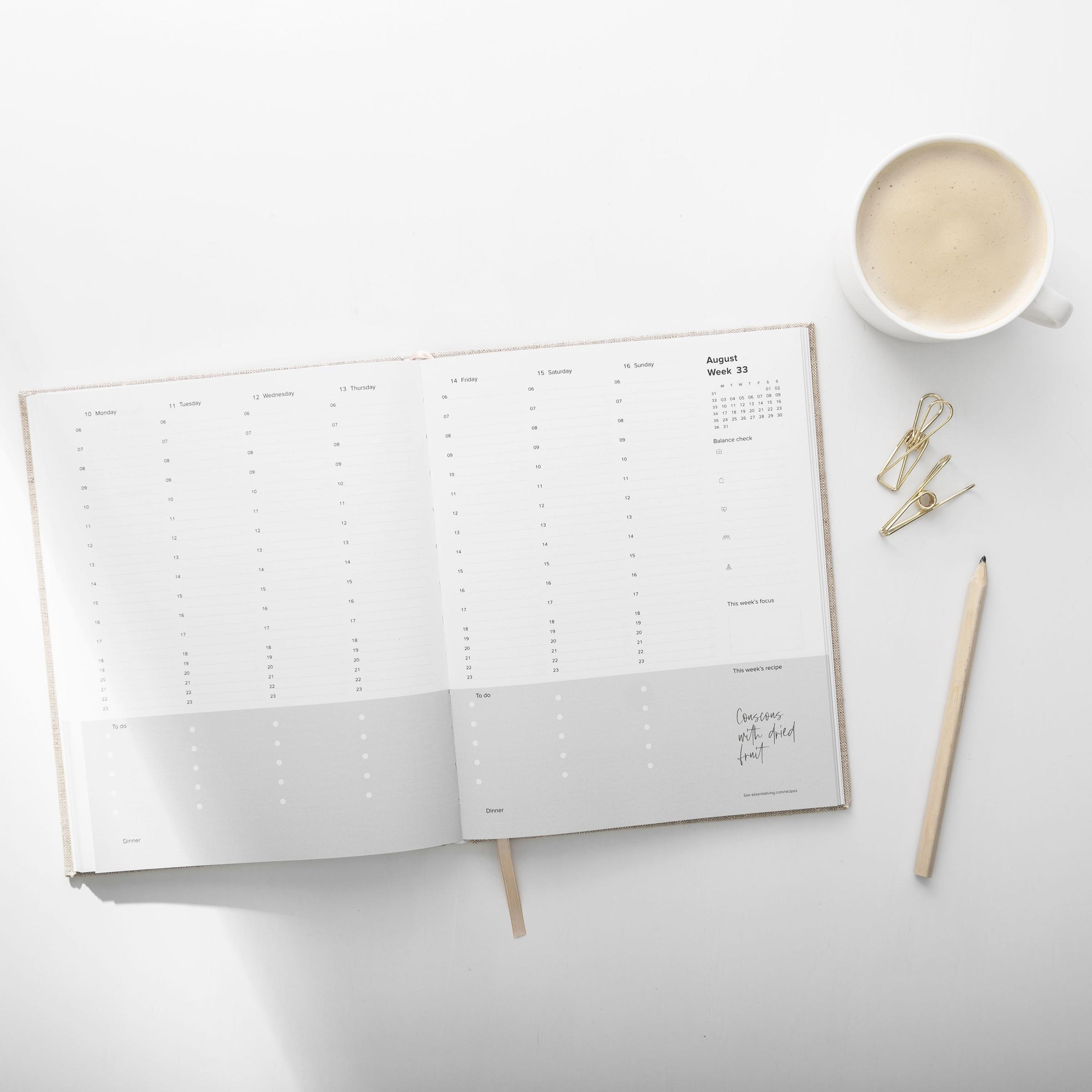
The Fourth Law: Make it Satisfying
By Dave Hughes (Head of Learning & Innovation)
Welcome back to our series on habits based on James Clear’s bestselling book ‘Atomic Habits: An Easy & Proven Way to Build Good Habits and Break Bad Ones’. Habits are the building blocks of our lives and have the power to determine whether we struggle or succeed.
What is it that makes us continue doing something? And why are bad habits so much easier to return to? We *know* that watching just one more show won’t help us get up in the morning, but that voice of reason starts to grow dim when we compare it to the spike of pleasure we will feel when doing it.
This is because we are wired to continue to perform behaviours that provide immediate satisfaction. ‘Feelings of pleasure—even minor ones like washing your hands with soap that smells nice and lathers well—are signals that tell the brain: “This feels good. Do this again, next time.” Pleasure teaches your brain that a behavior is worth remembering and repeating.’
The problem is that the reward for a bad habit can be found in the present, while a good habit takes longer to pay off.
Anyone familiar with the ‘marshmallow test’ will know how important it is to wire our brains to delay gratification. ‘People who are better at delaying gratification have higher SAT scores, lower levels of substance abuse, lower likelihood of obesity, better responses to stress, and superior social skills.’
So how can we hack this knowledge to help us?
The Leather Jacket Fund
‘The best way to do this is to add a little bit of immediate pleasure to the habits that pay off in the long-run and a little bit of immediate pain to ones that don’t.’
Now, you may not want a leather jacket, but what if you set up a savings account dedicated to something you really do want? Then, every time you say no to buying something associated with your bad habit, you immediately transfer that exact amount into this special account.
As we start to reveal to ourselves the true cost and reward of our behaviours, we will rewire our brains to appreciate the lasting pleasure that good habits can bring.
Make it Visible
Whether you attack a sizeable and monotonous task by transferring over paperclips from one jar (to do) to another (done), or use a habit tracker (like big red ‘x’s’ on each date that you succeed), making it easy to see what you are achieving is a great motivational booster.
My wife has a DuoLingo account that she uses to learn French every night and she refuses to miss a night because it will ‘break the chain’ of 800 or so days that she has been going for. If you can set up a similar system for your habits, the psychological power that this presents can be very motivating.
‘Habit tracking (1) creates a visual cue that can remind you to act, (2) is inherently motivating because you see the progress you are making and don’t want to lose it, and (3) feels satisfying whenever you record another successful instance of your habit.’
Now, if you happen to miss a day, don’t stress. But don’t miss two. One you can recover from, two starts to add up and make it that much harder to kickstart the process again. ‘Missing once is an accident. Missing twice is the start of a new habit.’
…
Habits hold great power. Good ones transform us into people we want to be, while bad ones hurt and cripple us over time. We want our students to understand the science behind creating habits so that they are placed in the best possible environment to succeed - with their academic studies, of course, but more importantly - with their character.
This year we hope that by focusing on the courage to grow, our students will push themselves to places they never even dreamed possible. That they will become people who work hard, people who show up and people who never give up, because they are absolutely capable of incredible things.
But it is up to us - as teachers and parents - to model this to them. For our actions resound through generations to come, and we hold the power to make a positive change at any time. What tiny step will you commit to doing today?
You can find this series and others like it on The Parent Sphere - our dedicated learning and wellbeing space designed for you.
